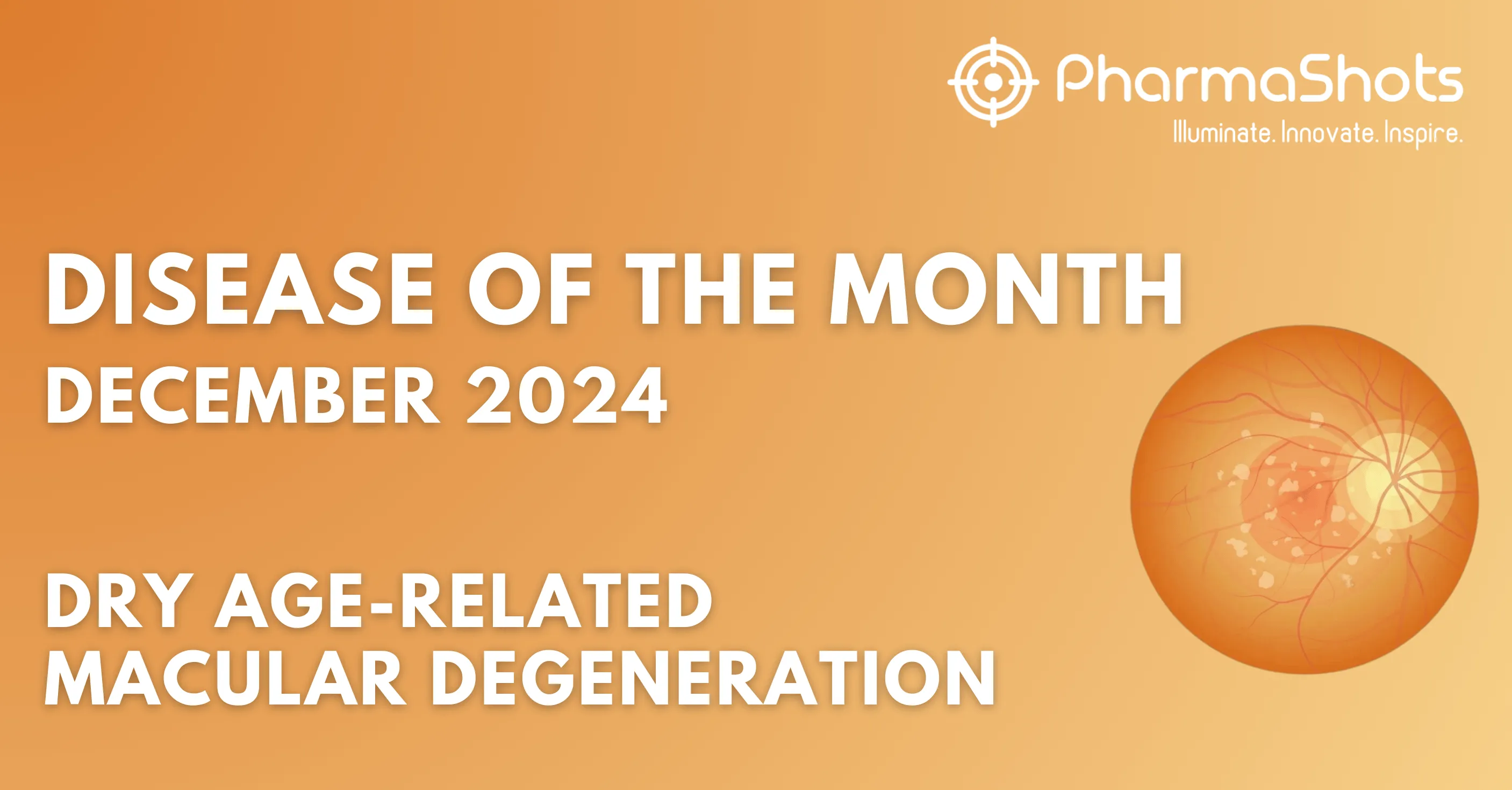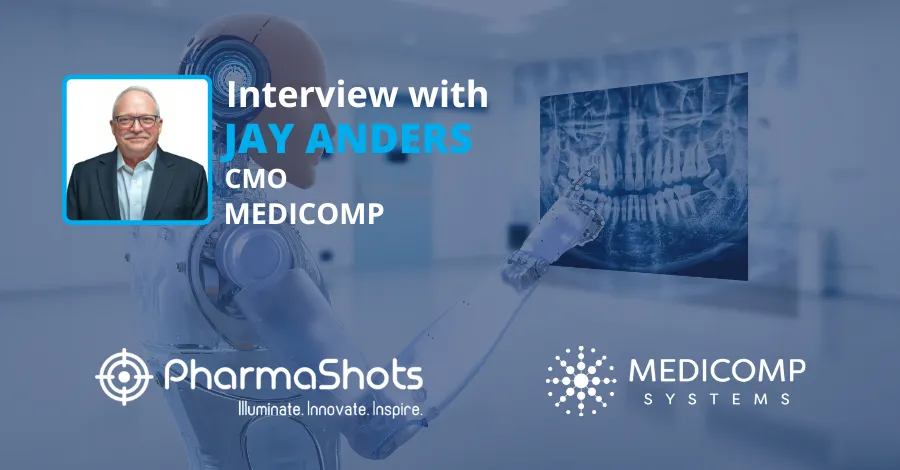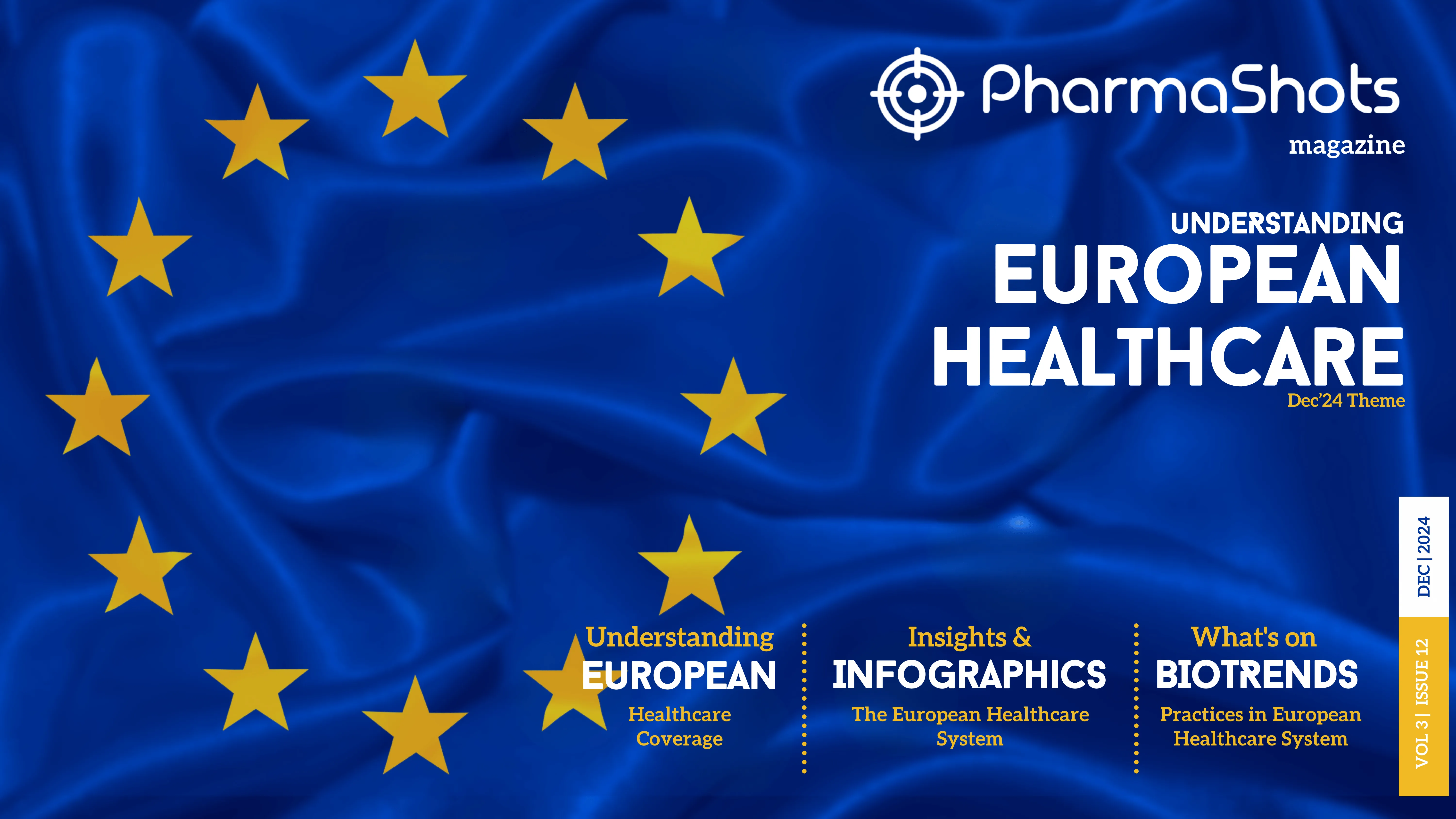
Improving Patient Outcomes Through Effective Management
Did you know that ineffective management practices at healthcare facilities lead to subpar patient outcomes? Whether it's long wait times, miscommunication among staff, or outdated procedures, these management pitfalls can severely impact the quality of patient care.
Today, we’ll learn some strategies for improving patient outcomes through effective management, offering practical insights that can transform healthcare practices.
Patient Outcomes: Why Are They So Important?
Patient outcomes are a critical measure of healthcare quality, reflecting the effectiveness of medical treatments and interventions. They encompass a range of factors, including recovery rates, patient satisfaction, and overall health improvements. Good patient outcomes indicate that a healthcare facility is providing high-quality care, while poor outcomes can signal issues that need addressing. For instance, low recovery rates might suggest inadequate treatment protocols, whereas high patient satisfaction usually points to excellent care and management. Understanding and prioritizing patient outcomes is essential for any healthcare provider aiming to deliver the best possible care.
Leadership’s Crucial Role in Healthcare
Strong leadership is the backbone of effective healthcare management. Leaders in healthcare settings set the tone for the entire organization, influencing everything from workplace culture to patient care practices. Effective leaders inspire their teams, fostering a collaborative environment where staff feel valued and motivated. Moreover, professionals who have pursued their masters in public health online can significantly impact healthcare management and patient outcomes.
This advanced degree equips healthcare professionals with the skills needed to design, implement, and evaluate public health programs. Graduates of MPH programs are well-prepared to address complex health challenges and implement evidence-based strategies to improve patient care. For example, an MPH graduate might lead a community health initiative that reduces chronic disease rates through targeted interventions and education. By advancing their education, healthcare professionals can play a pivotal role in enhancing patient outcomes through effective management practices.
Implementing Evidence-Based Practices
Evidence-based practices (EBP) are essential for improving patient outcomes. These practices involve integrating the best available research with clinical expertise and patient values to make informed care decisions. The benefits of EBP are well-documented, including improved patient safety, higher quality of care, and reduced healthcare costs. To integrate EBP effectively, healthcare providers must stay updated on the latest research, critically appraise the evidence, and apply it to their clinical practice. For example, adopting a new protocol for preventing infections based on recent studies can lead to a significant decrease in infection rates among patients. By implementing evidence-based practices, healthcare facilities can ensure that their care approaches are grounded in the best available knowledge, leading to better patient outcomes.
Enhancing Communication Among Healthcare Teams
Effective communication is vital in healthcare settings, as it ensures that information is accurately conveyed and understood by all team members. Miscommunication can lead to errors, delays, and poor patient outcomes. For instance, if a nurse fails to communicate a critical change in a patient's condition to the attending physician, it could result in delayed treatment and adverse consequences. To enhance communication, healthcare facilities can implement strategies such as regular team meetings, standardized communication protocols, and training programs focused on improving interpersonal skills. Encouraging open and transparent communication among healthcare teams can lead to more coordinated care, quicker decision-making, and ultimately better patient outcomes.
Leveraging Technology and Health Informatics
The role of technology in healthcare management cannot be overstated. Health informatics tools, such as electronic health records (EHRs), telemedicine, and data analytics platforms, have revolutionized how healthcare is delivered and managed. These technologies enable healthcare providers to access and share patient information quickly, reducing the likelihood of errors and improving coordination of care. For example, EHRs allow for real-time updates on patient conditions, ensuring that all healthcare providers involved in a patient’s care have the most current information. Telemedicine expands access to care, particularly for patients in remote areas, while data analytics help identify trends and inform evidence-based decisions. By leveraging technology, healthcare facilities can streamline their operations, enhance the quality of care, and improve patient outcomes.
Patient-Centered Care: Putting Patients First
Patient-centered care is an approach that prioritizes the individual needs and preferences of patients in all aspects of their care. This model of care involves active collaboration between patients and healthcare providers to create personalized treatment plans. The benefits of patient-centered care are manifold, including higher patient satisfaction, better adherence to treatment plans, and improved health outcomes. For instance, involving patients in decision-making about their treatment options can lead to more tailored and effective care strategies. To implement patient-centered care, healthcare providers must foster open communication, show empathy, and respect patient autonomy. By putting patients at the heart of their care processes, healthcare facilities can significantly enhance patient outcomes.
Quality Improvement Initiatives: Continuous Enhancement
Quality improvement (QI) initiatives are systematic efforts to improve healthcare processes and outcomes. These initiatives involve identifying areas for improvement, implementing changes, and measuring the results to ensure effectiveness. Successful QI initiatives can lead to significant enhancements in patient care and safety. For example, a QI project aimed at reducing medication errors might involve revising prescription protocols, increasing staff training, and utilizing electronic prescribing systems. The continuous cycle of planning, implementing, and evaluating improvements ensures that healthcare practices evolve to meet the highest standards of care. By committing to ongoing quality improvement, healthcare facilities can achieve sustained advancements in patient outcomes.
Utilizing Data for Informed Decision-Making
Data plays a pivotal role in modern healthcare management. By collecting and analyzing data, healthcare providers can gain valuable insights into patient care trends, treatment effectiveness, and operational efficiency. For example, analyzing patient data can reveal patterns that indicate the need for changes in treatment protocols or identify areas where resources are underutilized. Data-driven decision-making allows healthcare managers to make informed choices that improve patient care and optimize resource allocation. Tools such as predictive analytics can also forecast patient outcomes and identify potential risks, enabling proactive interventions. By leveraging data effectively, healthcare facilities can enhance their decision-making processes and improve patient outcomes.
Conclusion
In conclusion, improving patient outcomes through effective management requires a multifaceted approach that encompasses strong leadership, evidence-based practices, enhanced communication, technology integration, and continuous staff development. Each of these elements plays a critical role in ensuring that healthcare facilities provide the highest quality of care. By focusing on patient-centered care, implementing quality improvement initiatives, and utilizing data for informed decision-making, healthcare providers can create a robust management framework that leads to better patient outcomes. Additionally, advancing education through programs like an online master’s in public health can equip healthcare professionals with the expertise needed to drive these improvements.
Related Post: A Peek into the US Healthcare System
Tags

Carla Adams is an enthusiastic dreamer and a workaholic to achieve that. She is a passionate blogger, writer, basketball player, researcher, and fashion freak. She has contributed to many reputed blogs and is constantly on the lookout to reach authoritative blogs around. Currently, she is associated with Sophie & Trey, an online clothing boutique in Lake Mary Florida for their blog operations. For all the updates follow her on Twitter @CaCarlaadams














